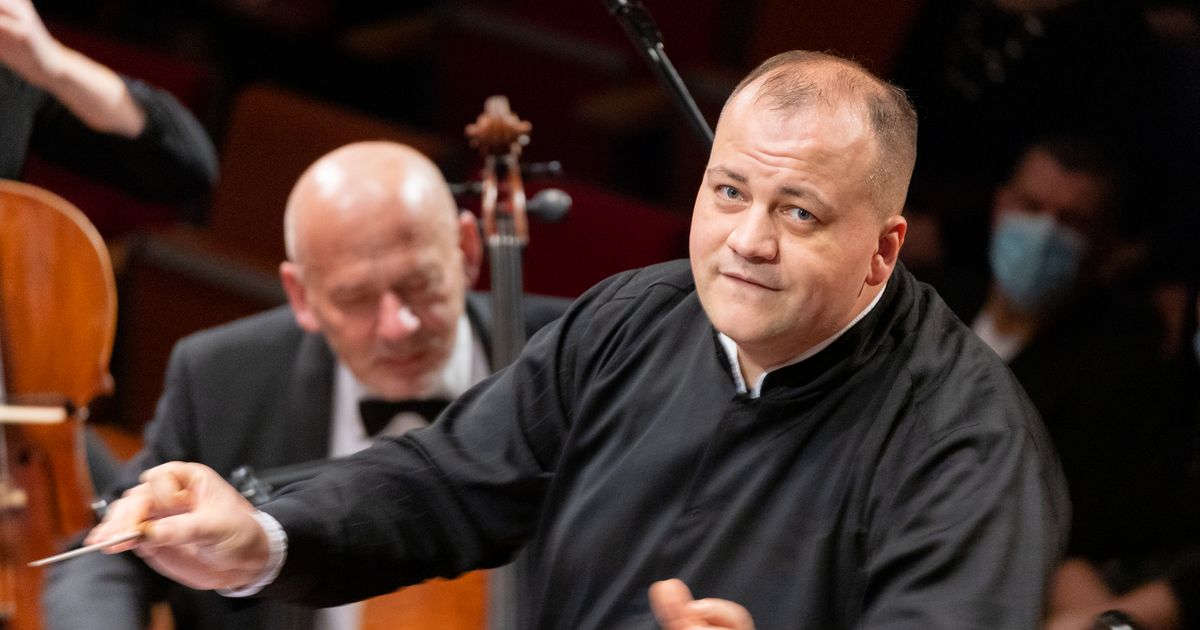Two main issues are expected to be addressed by the center-right in the meeting that the sector would hold with the president-elect, Gabriel Boric: the processing of the project of Universal Guaranteed Pension (PGU) and the legislative agenda to confront the violence in La Araucanía.
After it was learned that the president-elect is coordinating a meeting with the parties grouped in Chile Vamos, the official collectives have been evaluating how they will address that dialogue that would take place this week.
In RN they are already preparing the message to Boric. And they are committed to transmitting to the future president the importance of ensuring the accelerated approval of the PGU that appears as a tense discussion between the current ruling party and the new administration, because although yesterday the PPD bench opened to approve the initiative voting today in the Chamber, there have been criticisms from Boric’s environment of the project, such as those issued by the deputy and right arm of the president-elect, George Jackson (RD), who accused that the initiative does not have financing that can sustain it.
In front of the point, the vice president of the table and conventional constituent, Luis Mayol, He says that he hopes that in that instance the party will be able to discuss with Boric “legislative issues that interest all of Chile, but they have been expanding, such as pensions, also security regulations and that allow the police and the courts to exercise a better control over violence, especially in La Araucanía ”.
“We are going to point out (to Boric) that we are going to be a constructive opposition because we want Chile to do well, that the things that we consider good we are going to support, but those that we do not consider good, we are going to be a firm opposition” , he emphasizes.
Mayol hopes that this meeting – which the entire party leadership could attend – is more of a formal meeting, and that after that other instances will be generated with the new administration to see the legislative agenda in more detail.
A similar idea that they maintain in Evópoli, according to its president, the deputy Andres Molina. “We hope first that we manage to move forward with the issues that are important today, such as the Universal Guaranteed Pension, which really has the support of them,” he says.
While the legislative agenda highlights relevant projects in his opinion such as “for example the criminalization of usurpation, the issue of theft of wood that are still pending and it is very important that we move forward.”
Other relevant issues that Evópoli hopes to bring to the table are “freedom of education and the role that parents have in this regard, the issue of children, the universal nursery, compulsory kindergarten.”
In the UDI, the deputy of the Labor Commission, Cristián LabbéHe said that “I hope that Boric has reflected and values the efforts of the current Executive. As we have always said; we want to be a constructive opposition … rather than asking you to vote in favor of the PGU project, it is asking you that your entire political sector represented in the Chamber support this project ”.
While the PRI helmsman, Rodrigo CaramoriHe stressed that in addition to the PGU they are interested in putting on the table “other issues that have to do with crime. There are two projects that are sleeping in Congress, the law on arms control and the improvement of the ANI, which they have not wanted to process. They put it in the drawer, we have to do something important with crime, and for that we don’t have to wait until March ”.
The series of dialogues takes place at a time when the president-elect is assembling his teams to form his cabinet of ministers, where he must precisely appoint a minister general secretary of the Presidency, who must be the interlocutor with the opposition.
The task looms as a challenge for Boric, who will have to negotiate with the right wing, which comes from obtaining 68 seats in the Chamber of Deputies and Deputies counting Chile Vamos and the Republican Party, in addition to a representation in the Senate that balances the forces of all political sectors.
In this sense, the first tensions have already been generated between the incoming and outgoing governments, because from Boric’s environment they transmitted to La Moneda that they expect the award of a tender for the production of 400 thousand tons of lithium to be postponed, something that was rejected by the Minister of Energy and Mining, Juan Carlos Jobet.
–


